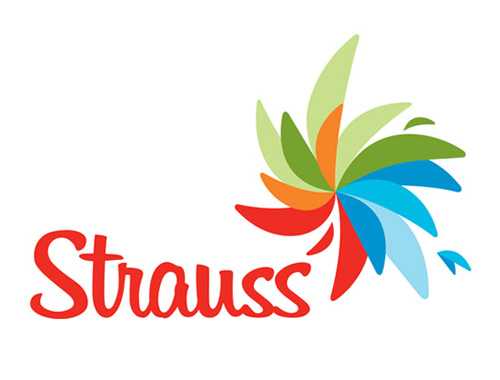Strauss Group concludes 2014 with 4.2% organic sales growth excluding foreign currency impacts and 12.6% growth in net profit, thanks in part to income from the revaluation of currency hedging transactions.
Gadi Lesin, President and Chief Executive Officer of Strauss Group, said today (March 23, 2015): “Strauss Group has posted good annual results despite complex local and global challenges.
Along with record results in two of the Group’s key international growth drivers – the coffee company in Brazil (Três Corações Joint Venture) and the dips and spreads company in the U.S. and Canada (Sabra) – we coped with a political and economic crisis in Russia and Ukraine and a food marketsuffering a considerable slowdown in our home market, Israel.
Strauss continues to implement a strategy aimed at deepening operations abroad while simultaneously tailoring the company to accommodate the changes and challenges in the Israeli food market. In addition, today we reported that the coffee company had filed a confidential draft prospectus with the SEC.”
2014 highlights
- Organic sales growth, excluding the foreign exchange effect, was 4.2%. Shekel sales were NIS 8.1 billion, similar to last year, and reflected NIS 333 million negative translation differences as a result of the continued strengthening of the NIS versus other functional currencies of the Group.
- Gross profit was NIS 3,119 million (38.3% of sales), up 0.1% compared to last year. Gross margins were up 0.1%.
- Operating profit (EBIT) was NIS 746 million (9.2% of sales), down 3.1% compared to last year. EBIT margins were down 0.2%.
- EPS for shareholders of the company was NIS 3.47 per share, up 12.1% compared to last year. The growth in EPS was mainly due to a decrease in the company’s net financing expenses, primarily reflecting income from hedges on the dollar against the ruble and on the dollar versus the shekel, thus partially offsetting the impact of the devaluation of the ruble on the cost of sales. The increase in profit also reflects a decrease in tax expenses.


















